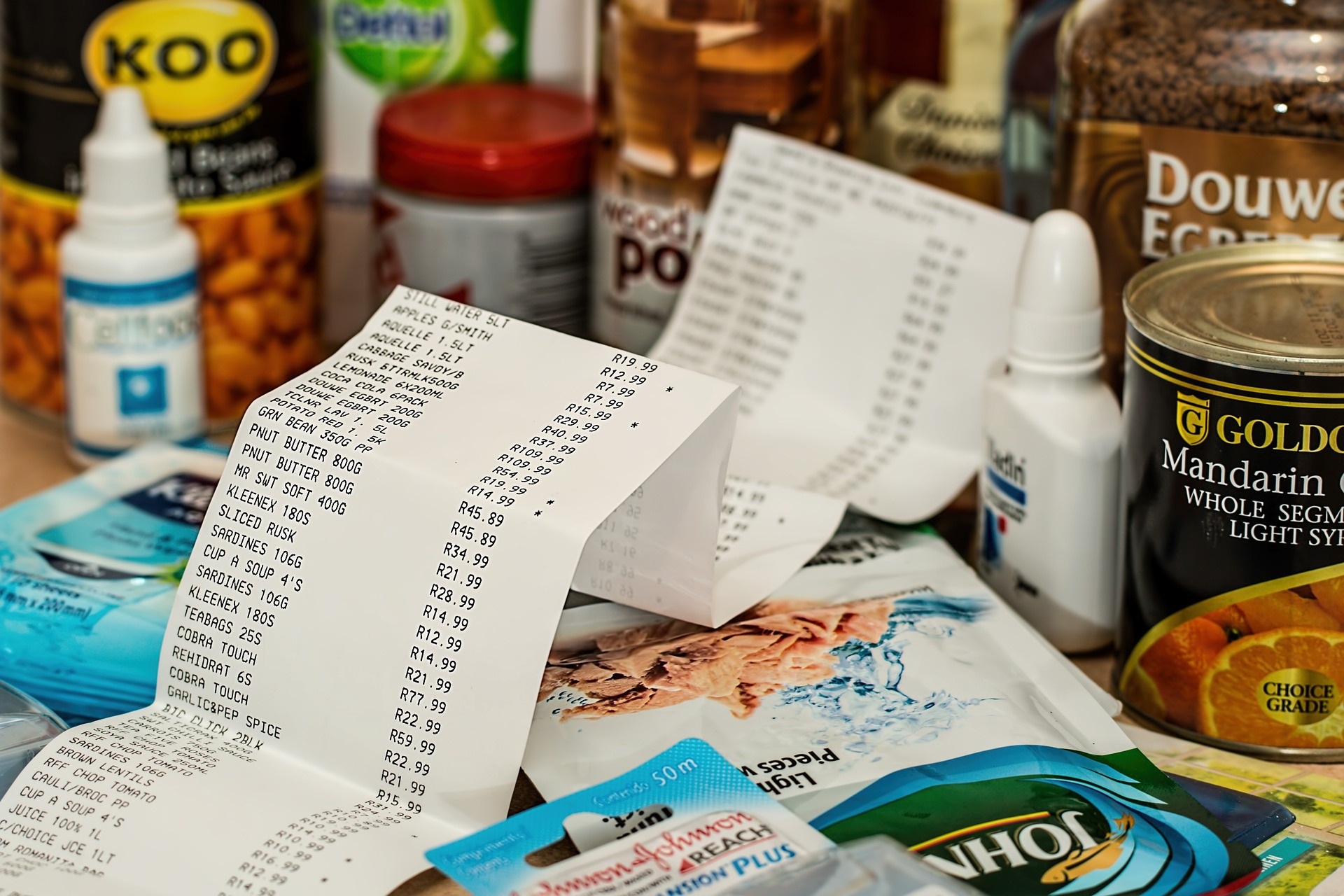
The food choices people make with their hard-earned money aren’t just a matter of what looks appealing at the grocery store or on a menu, and those choices have profound economic and health consequences.
George Davis, professor at Virginia Tech, will speak about how people make choices regarding food for the College of Agriculture and Applied Science’s Dean Seminar on Friday, November 11 at 1:30 p.m. in the Agricultural Sciences Building room 101.
The lecture, titled What are You Thinking? Cognitive Load and Neuroeconomics Insights for Improved Nutrition, is open to the public.
“A typical supermarket has upwards of 75,000 different items for sale,” said Paul Jakus, professor in USU’s Department of Applied Economics. “We respond not only to the prices of the goods and the limits of our income, but also to the amount of time we have to prepare food and the foods we prefer relative to other foods. Understanding these factors can help us see why people choose to purchase and eat the foods they do.”
According to Jakus, this subject has implications on issues such as nutrition education programs, soft drink taxes, chronic obesity and rising medical costs.
“Learning how people respond to food, and the choices they make regarding healthy food versus less-than-healthy food, has profound economic consequences,” Jakus said.
Davis is a professor with a dual appointment in the Department of Agricultural and Applied Economics and the Department of Human Nutrition Foods, and Exercise at Virginia Tech. He is a highly accomplished economist and the co-author of dozens of research articles and the book Food and Nutrition Economics: Fundamentals for Health Sciences. He has also served as an editor or on the editorial board of four different economics journals. Neuroeconomics is an emerging field that crosses disciplines of neurobiology and economics to better understand behaviors, including food demand.
Writer: Shelby Ruud shelby.ruud@usu.edu
Contact: Paul Jakus paul.jakus@usu.edu

